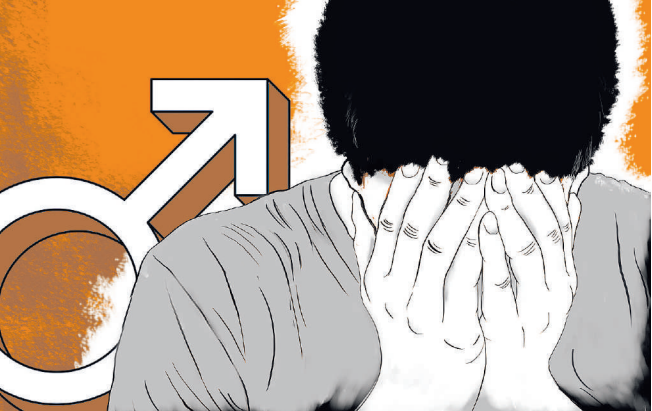
 STAR ILLUSTRATION
STAR ILLUSTRATION
In Kenya, like in many parts of the world, men are taught early that strength means silence. That boys don’t cry. That vulnerability is weakness. So when the pain comes — and it always does — many of us have no language for it. No framework. No permission.
The result? Too many men become emotionally unarmed adults. We explode in traffic. We go quiet in marriage. We drink more than we admit. We withdraw from fatherhood not because we don’t care — but because we were never shown how to stay present when emotions overwhelm us.
And then we die young — from strokes, heart disease, hypertension, and yes, suicide. Because the things we don’t say become the things that undo us.
In Kenya, we have only about 150 practising psychiatrists for a population of more than 50 million.
Most are concentrated in Nairobi, leaving rural areas almost entirely uncovered. And even where mental health services exist, they’re not designed with men in mind.
The language is clinical. The spaces feel unfamiliar. The cost, prohibitive. Most importantly, they don’t speak to how men are socialised to seek help — or more often, to avoid it.
It’s not enough to say, “men should open up.” They need spaces where it’s safe to do so. They need mirrors that don’t punish them for feeling. They need emotional literacy as early as they learn mathematics. And we — their partners, peers, sons and daughters — need to start listening before it’s too late.
Because here’s the truth: men don’t just want to be strong. They want to be known. They want to cry without shame. To ask for help without it being used against them. To say, “I’m not okay” without losing respect.
We have to stop punishing men for their silence and start questioning the systems that created it.
If we’re serious about reversing the mental health crisis among men, we need to build more than clinics. We need to build cultures of compassion.
Campaigns that reach boys in schools. Workplaces that allow softness. Marriages that welcome emotional honesty. Faith communities that preach vulnerability as strength, not sin.
This isn’t about letting men off the hook. It’s about helping them hold it all without breaking.
Because the next time a man says, “I’m fine,” we need to know how to hear what he’s not saying.
And when he finally speaks, we must be ready — not just to listen, but also to change the world he’s speaking into.











